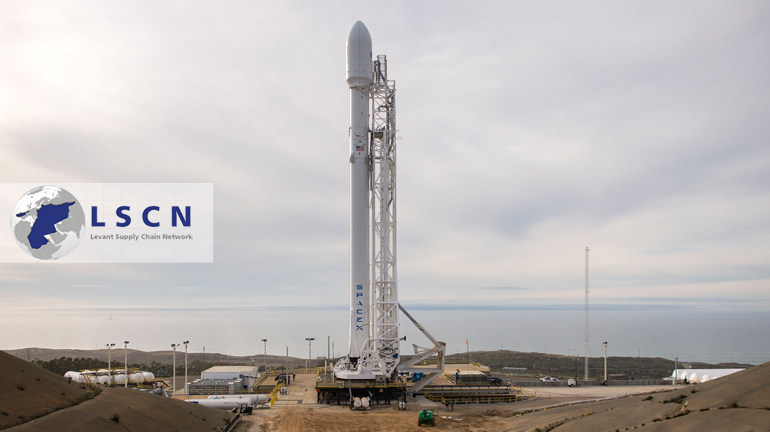In a recent Senate hearing, the issue was raised whether the US Air Force should open its bidding process in the procurement of Space Rockets. The air force’s current provider, United Launch Alliance (ULA), enjoys a monopoly of being the sole provider of space rockets to the US Government. Their competitor SpaceX, founded by Elon Musk, testifies in favor to open the bidding to competition, arguing that breaking the monopoly will result in savings for the tax payer and increase the quality. ULA uses the outdated disposable Russian Soyuz rockets, while SpaceX are developing their new reusable Dragon rocket.
When the Senate council asked, “Why should the Air Force change its procurement of rockets to an open bid?” This was their response:
Elon Musk: Procurement that is open to more than one supplier will result in cost saving because competition will force the supplying companies to provide competing bids thus lowering prices while maintaining safety and quality.
ULA: Launching into space is a complex task and it should be entrusted to an organization with the expertise in this field.
The Senate council then asked, “Would competition between bidders really result in cost savings?”
Elon Musk: We can provide rockets without government subsidies, thus saving tax payer’s money. In addition, our rockets are reusable. The rocket engine and corresponding components represent a significant portion of costs of a Space launch. The current method of disposable rockets is like throwing away your car every time you want to take a ride to the grocery store.
ULA: We need those government subsidies. There is no commercial or nongovernmental market with a revenue source that can replace the government subsidy. Open bids do not necessarily lead to cost savings. Instead cost price analysis ensuring each component is purchased at lowest price will lead to cost savings.
“Would the current geo-political tensions with Russia affect the supply of components for the Russian made Soyuz rockets?”
ULA: We currently have two years worth of rocket engine inventory as a contingency stock. We have also proved our ability to completely manufacture all components if the need arises through co-manufacturing trials with suppliers abroad. Currently, it is cheaper to purchase the components than to manufacture them in the US. That is why; we continue to purchase them from overseas.
Elon Musk: The US currently buys all of its rocket engines from Russia, and the most crucial components for the space craft are manufactured abroad. Not only are our SpaceX rockets completely made in the USA, but if political tension with Russia continues, then that would leave the supply chain vulnerable in the long run. When you manufacture all components in the US, and not just the final assembly, you are keeping that know-how in house. Innovations are not just made in the lab but on the manufacturing level as well. Losing those thousand little innovations from waste reduction, to incremental quality improvement, and to resource efficiency would threaten the US’s position to lead in Space exploration and in science advancement.
The key takeaway here is that even in the seemingly exclusive market of launching rockets into space, basic supply chain principles are much needed, such as proper procurement practices, inventory planning, and risk management. These will all lead to cost savings, improved quality and most importantly ensuring the safety of the equipment for men and women who do the dangerous and exciting task of traveling to space.





Add Comment